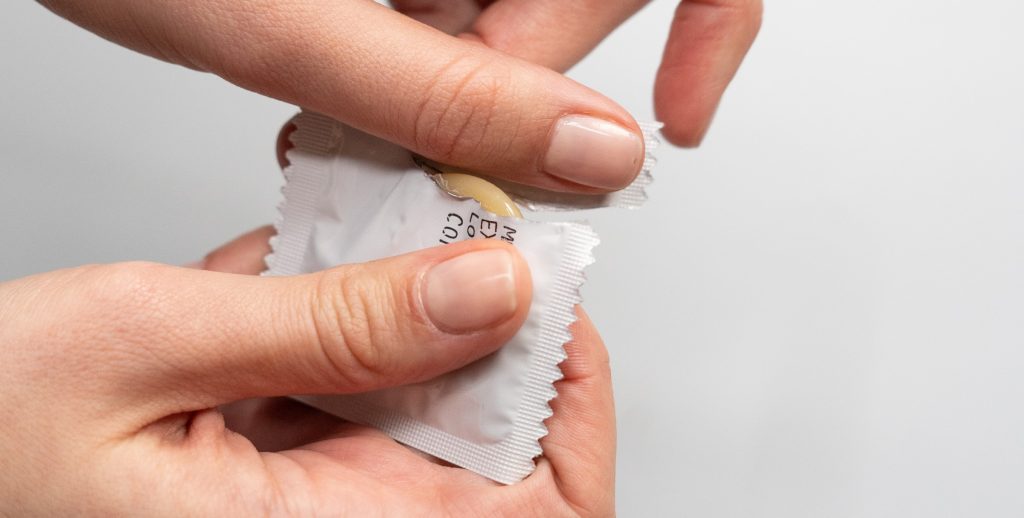Rectal STIs increase risk of HIV infection
Rectal STIs greatly increased risk of subsequent HIV infection, according to a paper published in the journal Clinical Infectious Diseases. The authors compared the HIV incidence in people diagnosed with rectal Gonorrhoea (GC) and/or rectal Chlamydia (CT), with control patients who did not have GC or CT. All participants had a baseline clinic visit between 2008 and 2010, and over two thirds of both groups reported unprotected anal sex.
Follow-ups with both groups showed that of the men with rectal STIs diagnosed on the initial clinical visit, the annual incident rate of HIV diagnosis was 11%. The control group without rectal STIs had a HIV rate of 3%.
The authors comment: “Our results demonstrate that rectal CT/GC infections are objective markers for identifying persons at an exceptionally high risk for HIV.”

Whilst this is evidential that rectal STIs increase the risk of subsequent HIV contraction, the authors also suggest that rectal STIs indicate high-risk sexual behaviour which also means greater risk of exposure to HIV. The study also found that 70% of the rectal infections were asymptomatic, “underscoring the need for routine rectal screening of patients who report unprotected anal intercourse”.
The authors concluded that “[i]dentifying and treating rectal infections may reduce HIV incidence, to the extent rectal STDs increase biological susceptibility to HIV infection through epithelial erosions and alteration in host immune defences.”
If you have ever had unprotected anal sex then Better2Know can conduct a rectal swab to test for a range of STIs. The sooner the diagnosis the quicker treatment can be administered and the risk of infection with other STIs such as HIV can be lowered. So book online or contact our friendly booking team.
Categories
- Awards
- Bacterial Vaginosis
- Blood Tests
- Cervical Cancer
- Chlamydia
- Condoms
- Covid-19
- Gardnerella
- Genital Warts
- Gonorrhoea
- Health and Wellness
- Hepatitis A
- Hepatitis B
- Hepatitis C
- Herpes
- HIV
- HIV (AIDS)
- Home Testing
- HPV
- Instant Testing
- MSM
- Mycoplasma
- News
- Non-Specific Urethritis
- PAP Smear
- Pre-Pregnancy
- Sexual Health
- STD Symptoms
- STD Tests and Screens
- STI Transmission
- Stigma
- STIs
- Swab Tests
- Syphilis
- Trichomonas
- Ureaplasma
- WSW
- Zika
